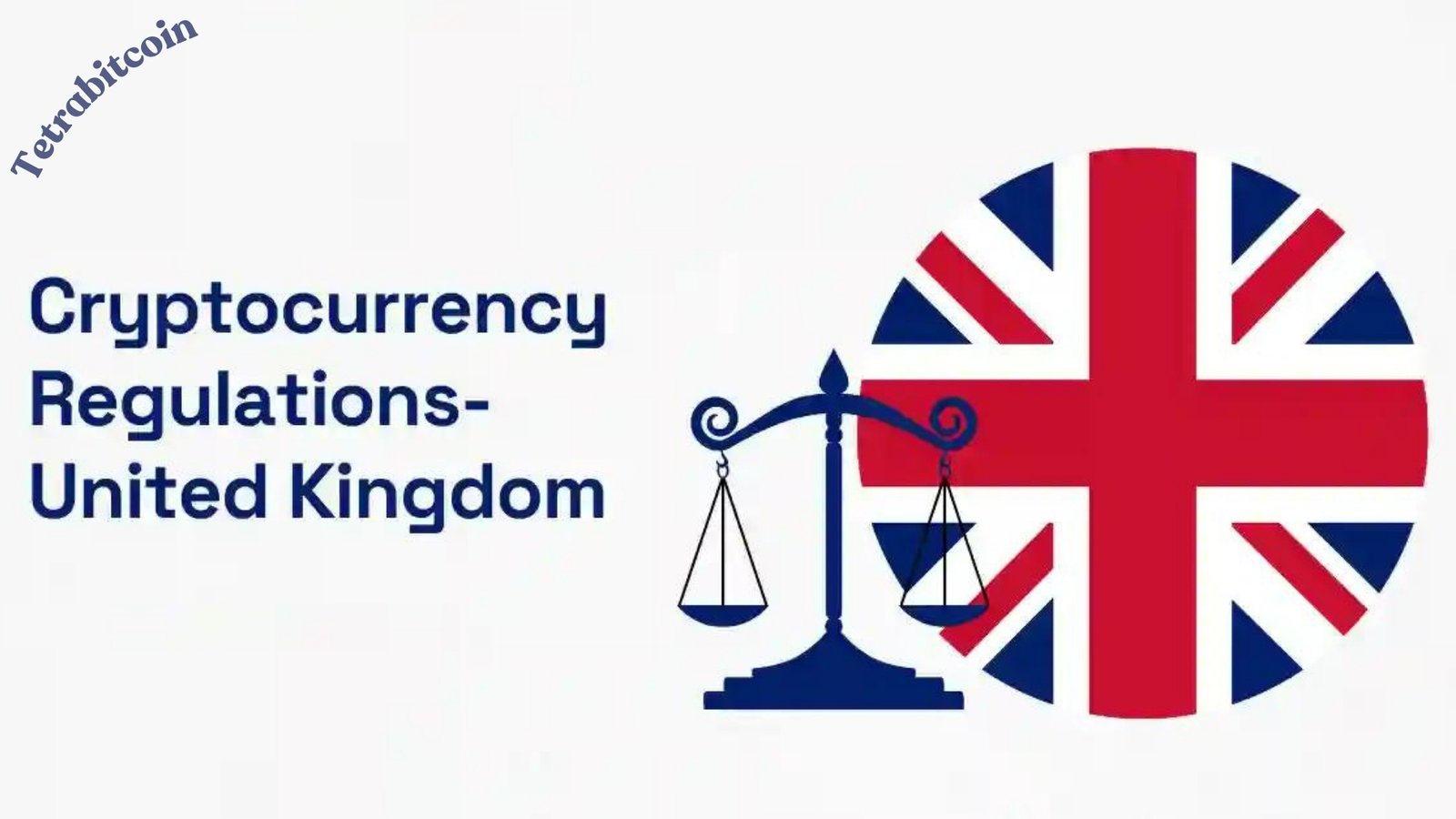Global Cryptocurrency Regulations: A Complete Guide 2024. Financial regulators still don’t know how to handle cryptocurrency. There is no preexisting classification for this type of financial asset. But better controls were necessary after the 2022 collapse of crypto heavyweights like FTX. As a result, researching the various global cryptocurrency legislation and their effects is crucial. Find out how governments are trying to change the game regarding cryptocurrency regulation.
Regulating cryptocurrencies is problematic because their main selling point is that they can function independently of governments. Crypto legislation has been a focal point of attention in 2023 among regulators across the globe, particularly in Europe and Asia. However, the United States has been a leading voice calling for harsh legal measures against elite players. As an example, US authorities fined Binance almost $4 billion.
The ever-increasing movement towards national cryptocurrency laws is a standout feature of the crypto environment. According to forecasts, the cryptocurrency market can reach $5 billion by 2030. Consequently, rules for such a vast industry need to be considered. A post follows detailing how cryptocurrency legislation changes and tries to change to another.
How Does Cryptocurrency Regulation Work?
The cryptocurrency regulatory landscape is becoming a complex and vital point of focus. Developers, investors, lawmakers, and enthusiasts from all corners of the cryptocurrency ecosystem must pay attention to laws. It should be noted that many nations have varied policies regarding regulating cryptocurrencies. The many pieces of cryptocurrency legislation reflect various concerns and viewpoints about the widespread use of cryptocurrencies. Some countries have taken the lead in accepting cryptocurrency and blockchain technology, which has spurred investment and new developments.
Numerous countries’ acceptance of cryptocurrency is a striking feature of cryptocurrency regulation. Several nations have become important centres for cryptocurrencies, including Switzerland, El Salvador, Estonia, and Malta. Businesses utilizing blockchain technology and cryptocurrency would be encouraged to participate in their supportive environment. In contrast, crypto-related activities are outright banned in certain nations that have taken a hard line on cryptocurrency regulation. China, Algeria, and Bolivia are just a few countries that have taken a stand against initial coin offerings (ICOs) and trading because they cause financial instability and speculation.
Challenges for Cryptocurrency Regulations

Given the current global landscape of Bitcoin legislation, it is important to highlight several aspects of the utility of these rules. The management of the legal components of Bitcoin and their use should not be the exclusive emphasis of any examination of US cryptocurrency rules. Recognizing difficulties that arise while negotiating bitcoin legislation worldwide is equally critical. The rapidity of technological change and the absence of clear guidelines are two of the biggest problems with cryptocurrency regulation. Moreover, blockchain and cryptocurrencies are global technologies, and countries have used various regulation methods.
The rate of technical development is the primary factor that may be mentioned in a summary of crypto laws. Because blockchain and cryptocurrencies are developing rapidly, regulators are finding it impossible to keep up. Also, remember that the rules governing cryptocurrencies in the European Union and India will differ. Consequently, crypto rules are often less consistent, which hinders innovation and makes compliance more challenging.
The lack of clarity, which makes most cryptocurrency legislation open to interpretation, is another significant difficulty. It causes a lack of trust and uncertainty for investors and companies. The worldwide nature of blockchain and cryptocurrency jurisdiction makes it more challenging to implement rules on a global scale.
Navigating the Different Cryptocurrency Regulations Worldwide
Crypto rules have finally made it to the world, and that’s excellent news for governments and businesses everywhere. However, the crypto regulatory landscape is more than just the US and UK laws governing cryptocurrencies. The rules of other nations and the ways they apply to specific situations should be carefully considered. Certain countries have passed legislation to regulate the use of cryptocurrencies.
In contrast, others have incorporated cryptocurrency into preexisting anti-money-laundering and tax policies. Additionally, numerous nations are now revising their crypto regulatory frameworks. Simultaneously, they face challenges due to the involvement of several financial regulatory bodies and governments. A summary of the cryptocurrency regulatory landscape in several countries is shown here.
United States
The United States is one of the most notable countries examining cryptocurrency rules by country. A retail Bitcoin transaction first went to the United States. On the other hand, cryptocurrencies are not yet legal tender and are subject to varying regulatory frameworks. Meanwhile, the IRS and a few state governments see cryptocurrency as valuable. Without treating cryptocurrencies as legal money, the Financial Crimes Enforcement Network assigns them transmittable value.
According to the Internal Revenue Service (IRS), Bitcoin is taxable like other forms of income. Tax authorities define cryptocurrencies as digital tokens that may be used as money, savings, or a unit of account. Without treating cryptocurrencies as money, it functions by publishing tax regulations for them.
An essential facet of cryptocurrency rules in the US highlights the legitimacy of Bitcoin exchanges. A positive development for cryptocurrency is that crypto exchanges are permissible and actively promoted by the US government. The Bank Secrecy Act imposes rules on cryptocurrency exchanges. When making its regulations, the Securities and Exchange Commission (SEC) treats cryptocurrencies like securities. Consequently, cryptocurrency exchanges and digital wallets can be governed by the same rules that govern stocks. According to the Financial Crimes Enforcement Network, all cryptocurrency exchanges and digital wallets should report the sender and receiver of each transaction.
US rules will likely centre on the future to prevent cryptocurrency-related crimes. It should be mentioned that the United States has become a leading regulator of cryptocurrencies. The United States is unique among major economies in that it has taken decisive action to regulate major cryptocurrency firms.
Europe
When people ask, “Which countries have regulated cryptocurrency?” European countries are often mentioned. The European Union will enact the Markets in Crypto Assets law in 2024. The crypto sector is complex, and the legislation is an attempt to regulate it. In 2019, it was suggested as a reaction to the launch of Meta’s cryptocurrency token, Diem. Money laundering, fraud, and worries about illegal funding in the cryptocurrency space were the targets of the law. Markets in crypto assets law also address potential dangers with stablecoins and CBDCs, which are crucial parts of the law.
What danger might stablecoins possibly pose? Potentially more dangerous are private stablecoins developed by major financial institutions like Visa, Mastercard, and Meta. They could destabilize national currencies. The European Union has included a provision in its cryptocurrency regulatory framework prohibiting the minting of stablecoins backed by any currency other than the Euro to prevent security risks. Also, with its aspirations to implement a unified regulatory framework, the European Union offers a different take on bitcoin legislation globally. True enough, the Markets in Crypto Assets (MiCA) regulation has received approval from all three of the EU’s leading political institutions. Full functionality won’t be achieved until December 2024, even though enforcement began in June 2023.
India
India is another major player among the countries with the most significant cryptocurrency marketplaces. Since the legislation about cryptocurrencies is unclear, the extent to which they apply in India is ambiguous. The Indian government warned investors in 2013 to avoid cryptocurrency trading. As of the publishing date of this essay, cryptocurrency has not yet been recognized as legal tender in India. Furthermore, cryptocurrency is neither a commodity nor a security.
It should be mentioned that Bitcoin transactions were subject to a tax of over 30% in India’s 2022 annual budget. Bitcoin trading now has legal status, a positive outcome of crypto legislation in India. Also, to help the Indian economy, India planned to launch a digital currency. The blockchain-based digital money has the potential to be a more practical and affordable replacement for Bitcoin and a more effective method of managing monetary transactions.
In India’s cryptocurrency regulation debates, crypto exchanges are also participating. See other nations’ cryptocurrency laws to see that India is concerned about crypto exchanges. The RBI urged all Indian banks not to do business with bitcoin exchanges in 2018. However, the Supreme Court overruled it in March 2020. In November 2021, several investors sold their bitcoin Bitcoins due to fear, which didn’t affect their interest.
The growing demand for crypto regulations has the Indian government working hard to create them. The new rules mainly regulate Bitcoins like WazirX. The Indian government expects the new limitations would make online purchasing safer. The restrictions also target cryptocurrency fundraising and money laundering.
United Kingdom

The EU has taken a giant leap forward with MiCA on crypto regulation while the UK is still drafting new laws. Reviewing UK cryptocurrency rules has to prove that bitcoin ownership and trading are the centre of the universe. Even while the Bank of England has said that cryptocurrencies aren’t “real money,” it also says that they won’t hurt the banking system as we know it. Conversely, cryptocurrency types, uses, and overall characteristics would dictate how their legal status and ramifications evolve.
The Bank of England and the Financial Conduct Authority have issued cryptocurrency warnings and advice for UK users. Due to volatility risks, the government banned retail cryptocurrency derivatives in December 2020. When asked “which countries have regulated cryptocurrency,” the UK is often mentioned, especially tax-wise. Cryptocurrencies are not conventional investments or financial assets; hence, HM Revenue and Customs will tax them differently. HMRC stated that Bitcoin traders would be taxed based on their behaviour.
UK cryptocurrency exchanges are legal, which helps crypto regulators. However, the FCA demands crypto exchange registration. The Financial Conduct Authority (FCA) requires UK-based bitcoin businesses that serve UK residents to register. UK-registered crypto service operators must protect client assets and comply with AML/CFT reporting. Even though the UK exited the EU, it must follow all EU crypto rules, including anti-money-laundering and counter-financing-terrorism laws. As announced in January 2021, the UK Treasury’s financial promotions division would regulate some cryptocurrency assets.
Conclusion
Significant issues in the crypto environment now centre on worries about global cryptocurrency laws. It should be mentioned that other nations are actively working on crypto legislation outside the US and the UK. The need for rules regarding cryptocurrencies has been steadily increasing as their use has become more widespread around the globe. It would be best if you could research the current status of crypto legislation worldwide and the consequences of these regulations. Regulating the crypto ecosystem to increase its legitimacy is crucial to the widespread use of cryptocurrencies.

